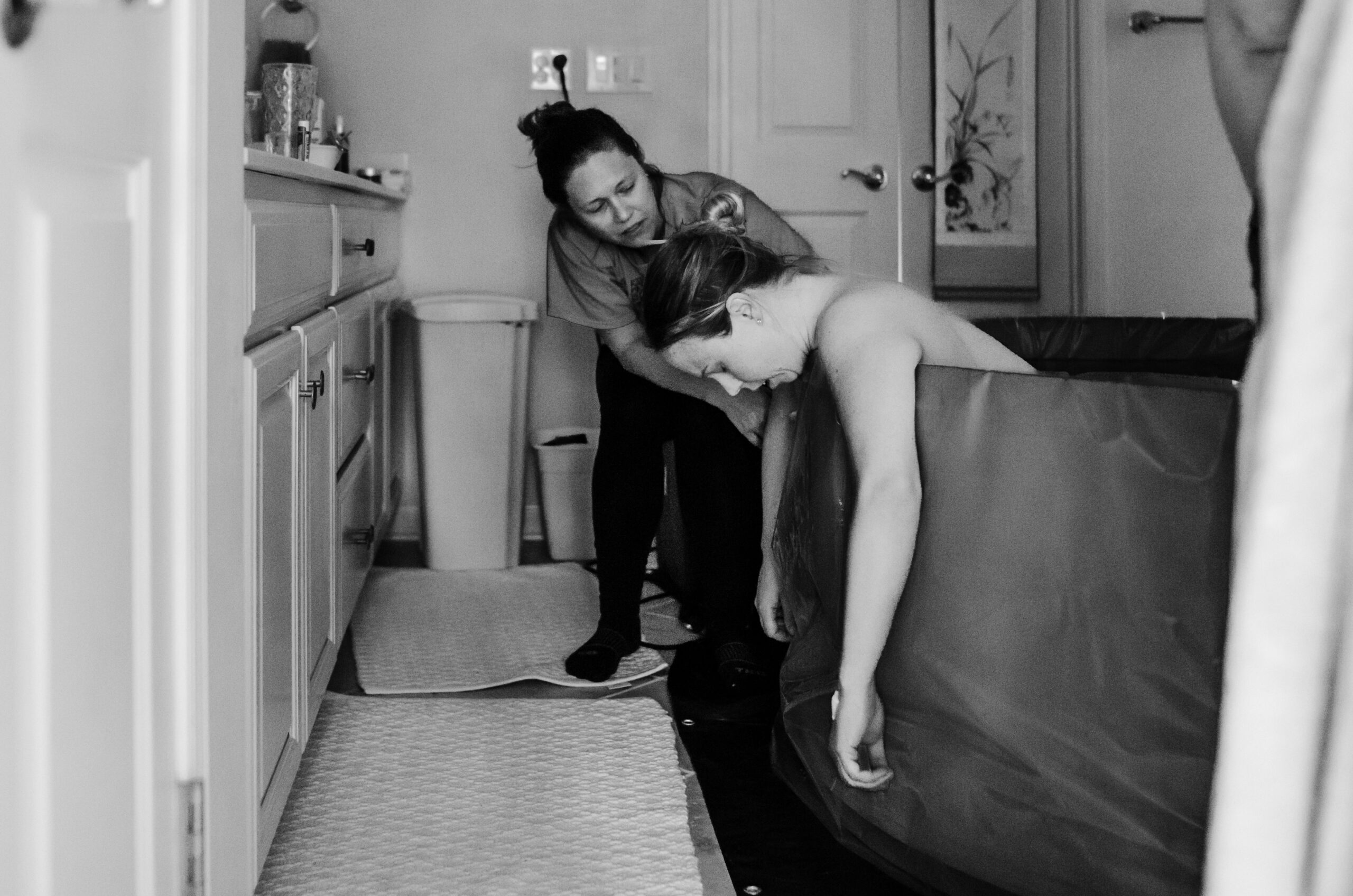We get it! Figuring out how to pay for doula care can be tough! The list of purchases and expenses can be so looooong when you are preparing for baby. When it comes to paying for birth and postpartum care, we are passionate about people getting what they need. The perinatal period is sacred, and we wish that it was easier for folks to navigate care decisions and expenses.
That said, this article is meant to be a tool for doing just that, adding ease to your process. We are emphasizing care vs. physical items. While there is a real need for some of the baby stuff, that part is very often given more attention than care needs. ABG firmly believes that the more support folks have, the better!
How to Pay for Birth and Postpartum Care
Each family and each situation comes with different circumstances. This a menu of ideas to consider as you explore how to pay for birth and postpartum care. We suggest carving out some time to think through your family’s plan and do some research into your options.
-
- Check insurance and employer coverage. More and more, private insurance companies are paying (or reimbursing) for birth and/or postpartum doula care. We’ve seen clients utilize Tricare and United for doula care, for example. Many companies, like CVS and Microsoft, are offering reimbursement for doula costs. Additionally, most insurance plans cover at least some amount of lactation care (very often 6 visits), so be sure to look into this as well!
- Access Medicaid coverage. If you have Medicaid, look into doula coverage in your state. The number of states covering doulas through Medicaid is growing by the month! In other words, doula care is becoming more accessible, and we are so happy to hear it!
- Look into supplemental benefits. Some companies offer third party services for the perinatal period. A few examples are Carrot, Kindbody, Cleo, Maven, and Progyny. Coverage varies from access to childbirth education content to 1:1 meetings with nurses to doula reimbursement to fertility benefits to referrals to local professionals depending on the service. Get really familiar with your benefits ASAP.
- Use an FSA, HSA, or HRA to pay your caregivers. Sometimes, families can use their Flexible Spending Accounts (FSA), Health Savings Account (HSA), or Health Reimbursement Account (HRA) to pay for perinatal care. You may be able to pay for perinatal services including doulas, massage therapists, chiropractors, midwives, etc with these accounts. There are different tax benefits (and limitations) to each scenario, so be sure to consult with a tax advisor and/or benefits coordinator about the best plan of action for your family.
- Make birth and postpartum care part of your registry. We have a whole article about registries, and one of our favorite things to add to a registry is the BeHerVillage platform. BeHerVillage is a gift registry for support, not stuff. More specifically, this platform helps families access funds to pay for doulas, lactation support, maternity leave, pelvic floor care, midwifery care, and other types of support. Be Her Village registries are free, and the gift funds will be transferred directly into your bank account, so you can pay your support team.
- Look into community-based doula services in your area. In Austin, the beloved organization Giving Austin Labor Support (aka GALS), provides free doula care for folks via a small handful of different programs. Black Mamas ATX and Mama Sana Vibrant Woman are two other incredible, Austin-based organizations that offer BIPOC-focused perinatal support. To find community-based doula programs in your area, ask your provider, check in FB groups, or Google!
ABG is Here for You
As always, we are here to support your growing family! Join us in class or reach out about in-home postpartum services in Austin and Asheville. It’s an honor to support your growing family.
*Photo credit: Rebekah Vos on Unsplash









0 Comments